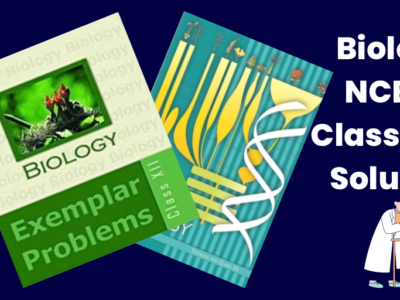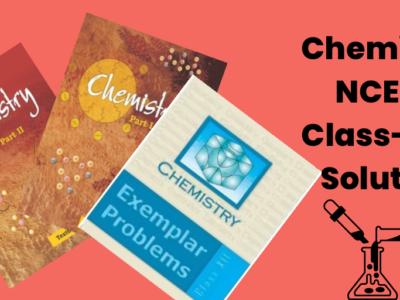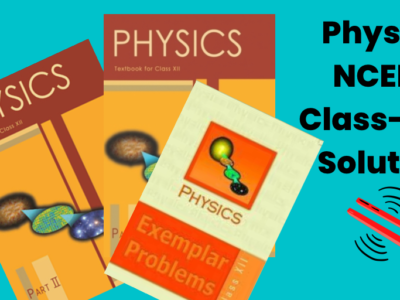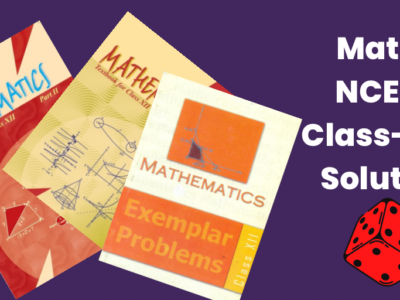- 17 Sections
- 103 Lessons
- 52 Weeks
- Chapter :1 Solutions6
- Chapter : 2 Electrochemistry8
- Chapter : 3 Chemical Kinetics6
- Chapter : 4 The d and f Block Elements7
- 4.01 The Transition Elements (d-Block)
- 4.12 General Properties of Transition Metals – I
- 4.23 General Properties of Transition Metals – II
- 4.34 General Properties of Transition Metals -III
- 4.45 Some Important Compounds of Transition Elements
- 4.56 Lanthanoids
- 4.67 The Actinoids _ Some Applications of d-and f-block Elements
- Chapter : 5 Coordination Compounds6
- 5.01 Werner_s Theory of Coordination Compounds _ Definition of Important Terms in Coordination Compounds
- 5.12 Nomenclature of Coordination Compounds
- 5.23 Isomerism in Coordination Compounds
- 5.34 Valence Bond Theory and its Limitations _ Magnetic Properties of Coordination Compounds
- 5.45 Crystal-Field Theory
- 5.56 Bonding in Metal Carbonyls, Stability of Coordination Compounds _ Applications of Coordination Compounds
- Chapter : 6 Haloalkanes and Haloarenes6
- Chapter : 7 Alcohols, Phenols and Ethers7
- Chapter : 8 Aldehydes, Ketones and Carboxylic Acids6
- 8.01 Nomenclature and Structure of Carbonyl Group
- 8.12 Preparation of Aldehydes and Ketones
- 8.23 Aldehydes and Ketones – Physical Properties _ Chemical Reactions – I
- 8.34 Reactions Due to α-Hydrogen _ Uses of Aldehydes and Ketones
- 8.45 Carboxyl Group – Nomenclature and Structure _ Methods of Preparation
- 8.56 Chemical Reactions of Carboxylic Acids
- Chapter : 9 Amines5
- Chapter : 10 Biomolecules4
- As per CBSE below chapters are not in Syllabus for Session 2023-240
- Chapter : The Solid State-Old Syllabus9
- 12.11. Amorphous and Crystalline Solids
- 12.22 . Crystal Lattices and Unit Cells
- 12.33. Number of Atoms in a Unit Cell
- 12.44. Closed-Packed Structures
- 12.55. Formula of a Compound and Number of Voids Filled
- 12.66.Packing Efficiency & Calculations Involving Unit Cell Dimensions
- 12.77. Imperfections in Solids
- 12.88. Electrical Properties
- 12.99. Magnetic Properties
- Chapter : Surface Chemistry-Old Syllabus6
- 13.01 Adsorption – Mechanism and Types
- 13.12 Adsorption Isotherms, Adsorption from Solution Phase _ Applications of Adsorption
- 13.23 Catalysis
- 13.34 Colloids – Classification and Preparation
- 13.45 Purification of Colloidal Solutions _ Properties of Colloidal Solutions
- 13.56 Emulsions _Applications of Colloids
- Chapter : Polymers-Old Syllabus3
- Chapter : General Principles and Process of Isolation of Elements-Old Syllabus6
- Chapter : The p - Block Elements-Old Syllabus14
- 16.01 General Trends of Group 15 Elements
- 16.12 Preparation and Properties of Dinitrogen and Ammonia
- 16.23 Oxides of Nitrogen _ Preparation and Properties of Nitric Acid
- 16.34 Phosphorus – Allotropic Forms _ Preparation and properties of Phosphine
- 16.45 Phosphorus Halides _ Oxoacids of Phosphorus
- 16.56 General Trends of Group 16 Elements
- 16.67 Dioxygen
- 16.78 Simple Oxides _ Preparation and Properties of Ozone
- 16.89 Sulphur – Allotropic forms _ Preparation and Properties of Sulphur Dioxide
- 16.910 Oxoacids of Sulphur
- 16.1011 General Trends of Group 17 Elements
- 16.1112 Preparation and Properties of Chlorine and Hydrogen Chloride
- 16.1213 Oxoacids of Halogens _ Inter-halogen Compounds
- 16.1314 General Trends of Group 18 Elements
- Chapter : Chemistry in Everyday Life-Old Syllabus4
To access the course:
Login → Select the course → Click on Start Now (at the bottom)
Watch the video to access the courses – video link
Get comprehensive Class 12 Chemistry CBSE study materials covering notes, assignments, quizzes, and tests meticulously designed to aid in holistic learning. Our notes encompass Organic, Inorganic, and Physical Chemistry topics, featuring key concepts, equations, and practical applications. Engage with diverse assignments spanning numerical and theoretical problems to reinforce understanding. Evaluate your grasp on specific topics through interactive quizzes in multiple-choice, true/false, and fill-in-the-blanks formats. Prepare comprehensively with our exhaustive tests covering the entire syllabus, including mock exams to simulate real test scenarios. Enhance your performance, understanding, and preparation with these tailored study resources.
For the CBSE Class 12 Chemistry syllabus in the 2023-24 session, the topics beyond Chapter 10 are not included.
Course Features
- Lectures 103
- Quiz 0
- Duration 1 year
- Skill level All levels
- Language English
- Students 295
- Assessments Self
Features
- Good notes, Assignment,quiz and test
Target audiences
- CBSE CLASS 12 BOARD SCIENCE STREAM STUDENT








